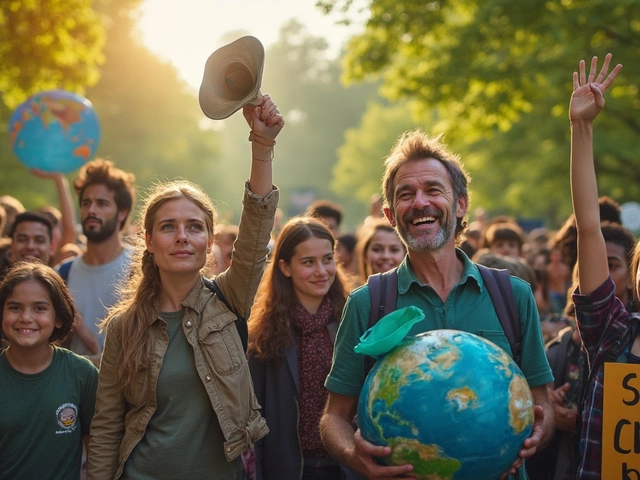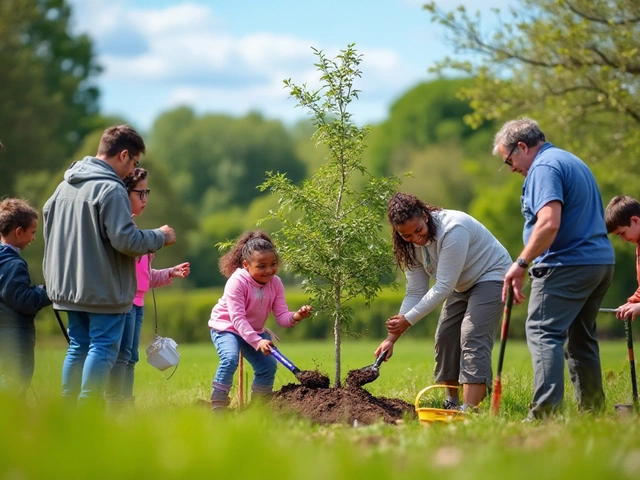Eco‑Activism: Simple Steps to Protect Our Planet
Feeling worried about climate change and pollution? You don’t have to wait for a big policy shift to make a difference. Small, consistent actions add up, and many local groups are looking for fresh faces. Below you’ll find easy things you can start today and ways to join bigger community projects. No heroics needed – just a willingness to try.
Everyday Actions that Add Up
First, look at your daily routine. Swapping a single‑use coffee cup for a reusable one saves thousands of cups a year. Cutting back on meat a few nights a week cuts greenhouse gases and can save you money. If you drive, try carpooling or biking to work once a week – the fuel you save reduces carbon emissions and lowers your bill.
Next, think about waste. A simple compost bin in your kitchen can turn food scraps into garden gold, cutting landfill waste. When you shop, bring a cloth bag and pick products with minimal packaging. Even buying second‑hand clothes reduces the demand for new production, which is a major polluter.
Energy use at home is another low‑effort win. Switch to LED bulbs, unplug chargers when not in use, and set your thermostat a degree lower in winter. If possible, install a smart power strip that cuts standby power. These tweaks don’t require major renovations but can shave dozens of dollars off your electricity bill each year.
Joining Community Efforts
If you want to amplify your impact, look for local eco‑activist groups. Churches, schools, and community centres often host clean‑up days, tree‑planting events, or bike‑to‑work challenges. Signing up for a few hours a month can give you a sense of purpose and connect you with like‑minded people.
Volunteer with organizations that focus on climate education. They need helpers for workshops, flyer distribution, and social media posts. Even a short stint teaching kids about recycling can spark lifelong habits. Many groups also need folks to collect data on local air quality or water usage – a simple way to contribute to real research.
Consider starting a small project of your own. A neighborhood swap meet for tools and toys keeps items out of landfill and builds community spirit. Or set up a rain barrel to capture runoff for garden use and share the idea with neighbours. When you see a problem, propose a solution and recruit a few volunteers; momentum often follows.
Don’t forget to use your voice online. Share reliable articles, post photos from local events, and tag local officials to ask for greener policies. Social media can turn a single post into a city‑wide conversation when enough people join in.
Eco‑activism isn’t about grand gestures; it’s about consistent, practical steps that together create big change. Pick one tip, try it for a week, and add another. Before you know it, you’ll be part of a growing movement making the planet a healthier place for everyone.
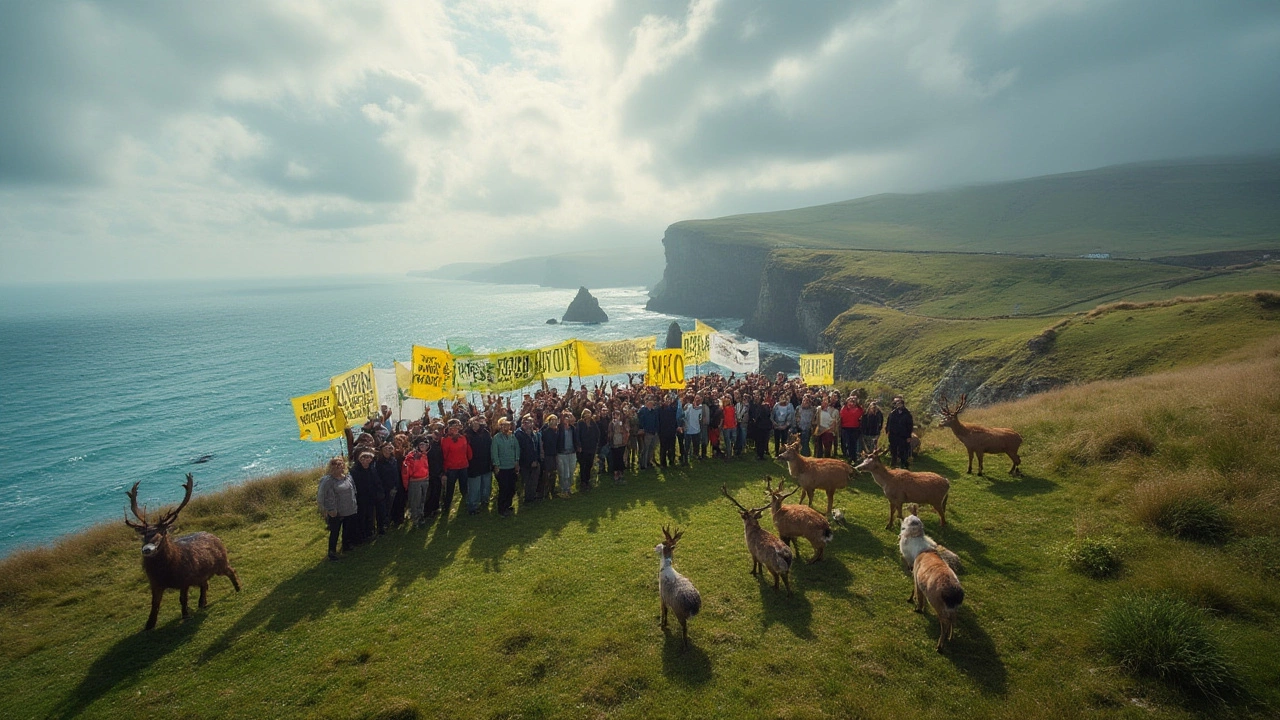
Top Two Environmental Organizations and Their Powerful Impact
Explore how the top environmental organizations, Greenpeace and WWF, lead global action for nature, fight climate change, and inspire millions to protect our planet.
Read More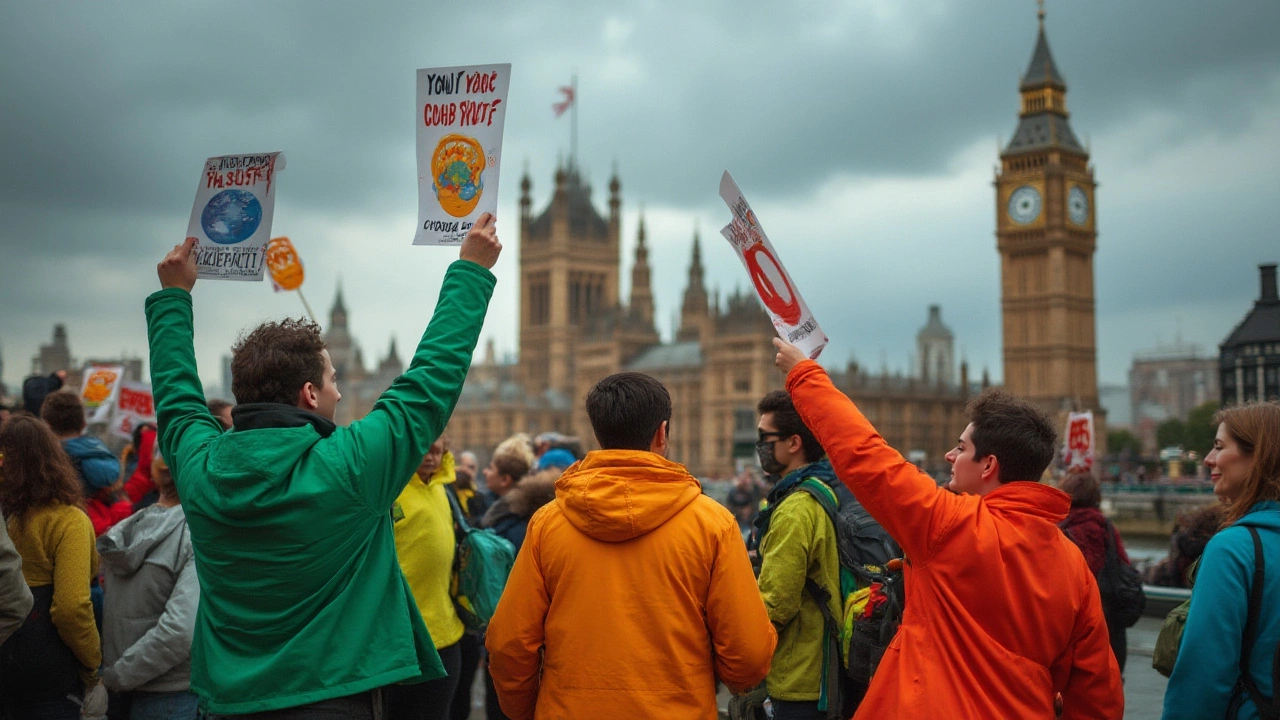
Most Famous Environmental Charity: Greenpeace and Its Impact Worldwide
Discover what makes Greenpeace the standout environmental charity, from bold protests to global campaigns. Learn how this group changed our view of the planet.
Read More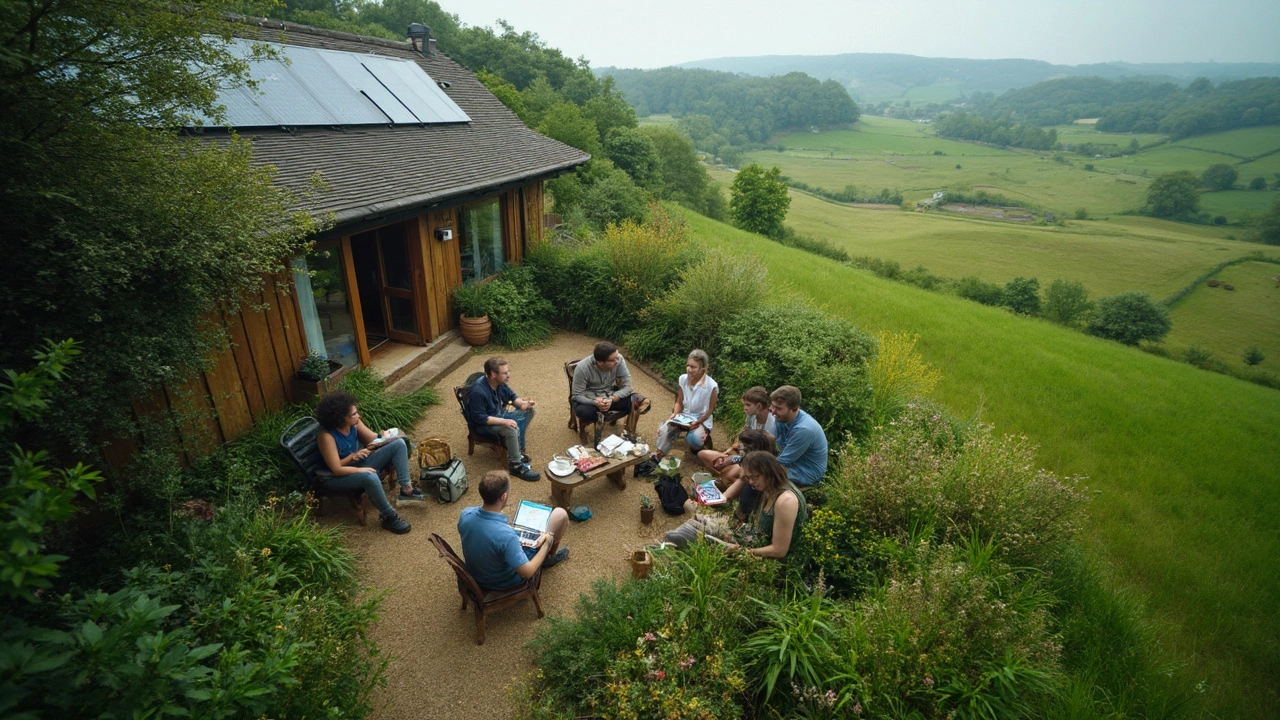
Biggest Environmental Organization: Who Leads the Green Charge?
Want to know which group actually pulls the most weight for the planet? This article looks at who can really call themselves the biggest environmental organization, what makes them so influential, and how they work behind the scenes. You’ll see what their size really means—like money, members, and muscle on key issues. Plus, find out how they get stuff done and why their approach matters. If you’re curious about putting your support where it counts, this article spills the details.
Read More

